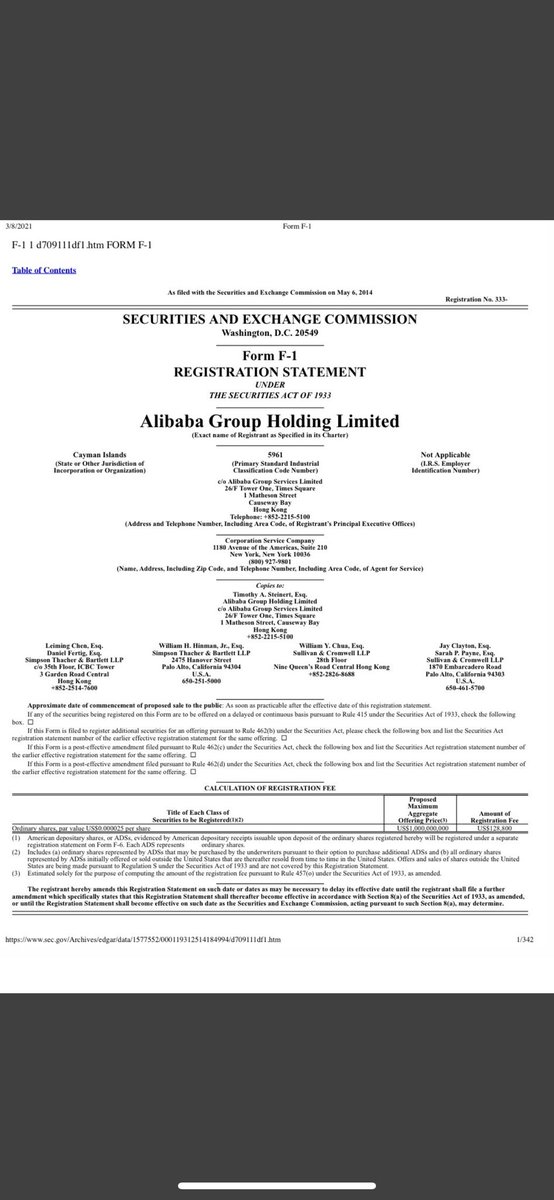
#XRP AND #EXCHANGES
I hope to be proven wrong but as I’ve said before I do not believe that @coinbase @krakenfx @binance etc. are going to re-list or un-suspend #XRP until the @SEC_Enforcement comes out and issues a no-action declaration or we get clarity from the SDNY Court.
I hope to be proven wrong but as I’ve said before I do not believe that @coinbase @krakenfx @binance etc. are going to re-list or un-suspend #XRP until the @SEC_Enforcement comes out and issues a no-action declaration or we get clarity from the SDNY Court.
Let me explain how the SEC Attorney misled the Court when answering Judge Netburn’s question regarding whether anyone selling #XRP would be violating Section 5 of the Securities Act.
This will also help me prepare for our brief (due in 8 days). 😥😫
Attorney Tenreiro said that
This will also help me prepare for our brief (due in 8 days). 😥😫
Attorney Tenreiro said that
Section 4 exemptions would apply and therefore retail holders would not be in violation. Not true. If the purpose and intent is to have #XRP distributed by purchasers into a secondary market no exemption applies under Section 4, as Tenreiro suggested to Magistrate Netburn.
The Telegram case tells us all we need to know. Judge Castel found that Telegram’s offers and sales of the #Grams represented an ongoing violation of Section 5 and must be enjoined before reaching public distribution.
Basically, if the digital asset (#Gram or #XRP) is going to
Basically, if the digital asset (#Gram or #XRP) is going to
end up being sold to the public, Section 4 exemptions do not apply. This isn’t my interpretation. Let me quote the Judge:
“When distribution reaches the public, the SEC can invoke jurisdiction and claim that the public needs the protection of the Securities Act.”
“When distribution reaches the public, the SEC can invoke jurisdiction and claim that the public needs the protection of the Securities Act.”
So the exchanges would not have an exemption. If you or I intended to sell our #XRP, we wouldn’t be exempt, because we could be called an “issuer” because as Judge Castel wrote
“The term issuer means every person who issues or proposes to issue any security.”
Just in case
“The term issuer means every person who issues or proposes to issue any security.”
Just in case
some of you don’t believe I’m correct and don’t believe “issuer” could mean anyone - here is what Attorney Solomon said to J. Netburn after Tenreiro said what he said:
“So in theory, Judge, each domestic sale could be a violation and that would include, contrary to what Mr.
“So in theory, Judge, each domestic sale could be a violation and that would include, contrary to what Mr.
Tenreiro said, not just #Ripple’s affiliates, but any retail holder or any party, if there is any intent to distribute the security further.”
Hence, the exchanges are not exempt under Section 4. Hell, we aren’t exempt under Section 4.
This case is bigger than many realize.
Hence, the exchanges are not exempt under Section 4. Hell, we aren’t exempt under Section 4.
This case is bigger than many realize.
I will be thrilled to be wrong if one of the exchanges that delisted or suspended #XRP found the courage to begin trading it again. I hope they all do.
But, our fight is in the SDNY Court. I just wish the other Cryptos realized that @Ripple and #XRPHolders are fighting for all.
But, our fight is in the SDNY Court. I just wish the other Cryptos realized that @Ripple and #XRPHolders are fighting for all.
• • •
Missing some Tweet in this thread? You can try to
force a refresh



